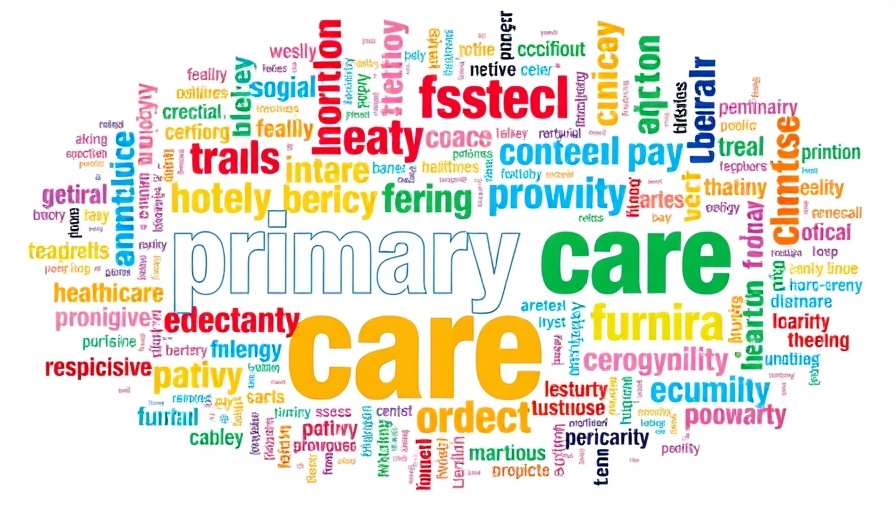
Understanding Medical Billing Costs: Why They Matter for Your Practice
In the evolving landscape of healthcare, medical billing is not just a back-office function; it stands at the forefront of practice profitability. As concierge medical practices seek to establish themselves as leaders in their market, understanding billing costs and their complexities has never been more crucial.
Historical Context: The Shift to Concierge Medicine
Concierge medicine has gained traction over the past decade, aimed at providing exceptional patient care through a more personalized service model. This paradigm shift brings both opportunities and challenges, particularly concerning billing. Historically, practices operated within a fee-for-service model, which has now been scrutinized and modified under the weight of healthcare reforms and changing patient expectations.
The Financial Landscape: Hidden Costs and Their Impact
For many practices, hidden billing costs represent a significant drain on resources. Factors such as administrative overhead, coding errors, and inefficiencies can lead to substantial revenue losses. As the medical billing process becomes increasingly complex, understanding these financial implications is key for practice owners. This includes budgeting for billing software and training staff to navigate the nuances effectively.
Best Practices to Maximize Revenue
Implementing best practices in billing management can drastically impact your revenue cycle. Regularly reviewing claims for errors, optimizing coding practices, and enhancing communication with payers can reduce denials and ensure timely reimbursements. Moreover, investing in advanced billing technologies can streamline the process, making it both efficient and accurate, ultimately supporting practice growth.
The Role of Technology in Improving Billing Efficiency
The rise of health tech solutions offers concierge practices the ability to manage billing more effectively. From automated billing systems that reduce manual entry mistakes to enhanced analytics for identifying trends in billing issues, technology is an invaluable tool. Embracing these technological advancements not only simplifies operations but also provides insights that can drive strategic decisions.
Proactive Denial Management: A Revenue Game Changer
As highlighted in recent discussions within the industry, proactive denial management is transforming the financial landscape for small practices. By anticipating potential claim denials and addressing issues preemptively, practices can improve their cash flow significantly. This approach requires a thorough understanding of payer trends and patterns, allowing practices to adapt and respond more effectively.
Future Trends: Preparing for Changes Ahead
Looking ahead, practices should prepare for continuous changes in medical billing regulations and payer policies. Staying informed about upcoming legislation and changes in reimbursement rates is vital. Engaging with professional associations and networks can provide insights into future trends and challenges, allowing practices to remain agile and responsive.
In essence, mastering the intricacies of medical billing is not just a necessary chore—it's a crucial component of sustained practice profitability. As a concierge medical practice owner, embracing both technological and strategic improvements in your billing processes will fortify your financial standing and enhance patient care.
Taking proactive steps today can lead to a healthier bottom line tomorrow. Consider evaluating your current billing practices and explore ways to integrate the nuances of accountability and efficiency within your operations. Equipping your practice with the right tools and knowledge sets the stage for not only surviving but thriving in today's competitive healthcare environment.
 Add Row
Add Row  Add
Add 






Write A Comment